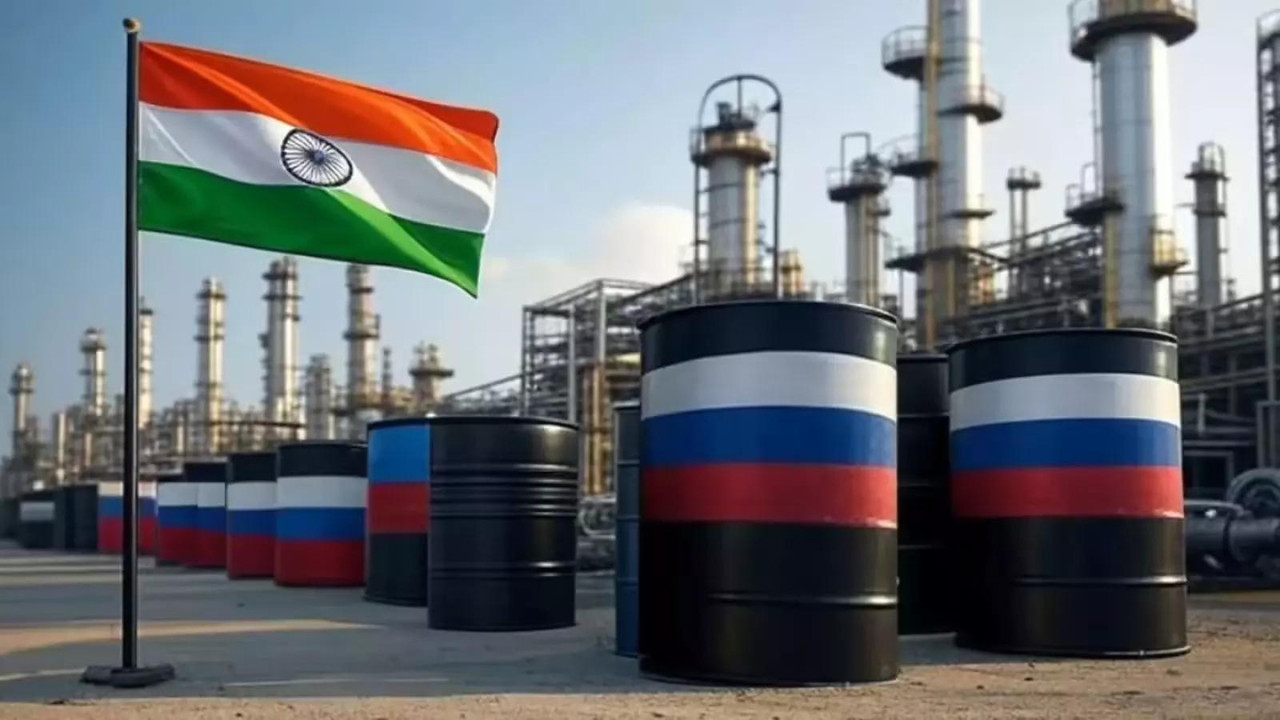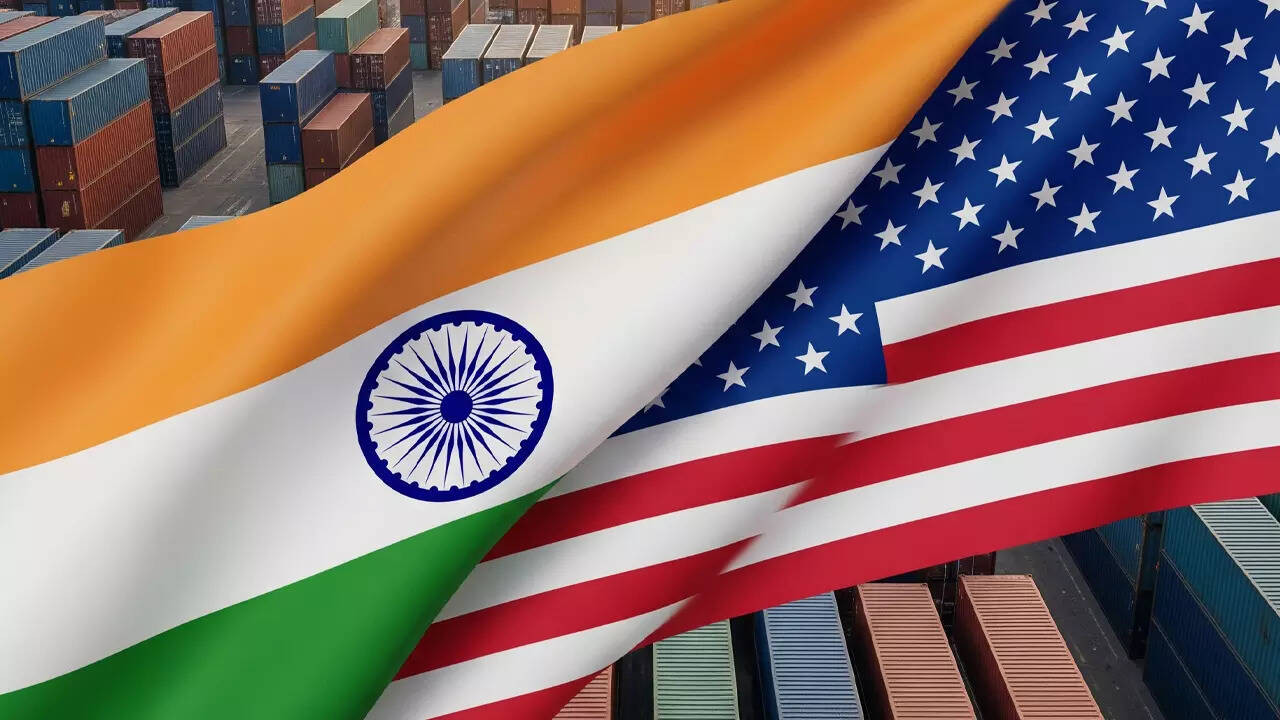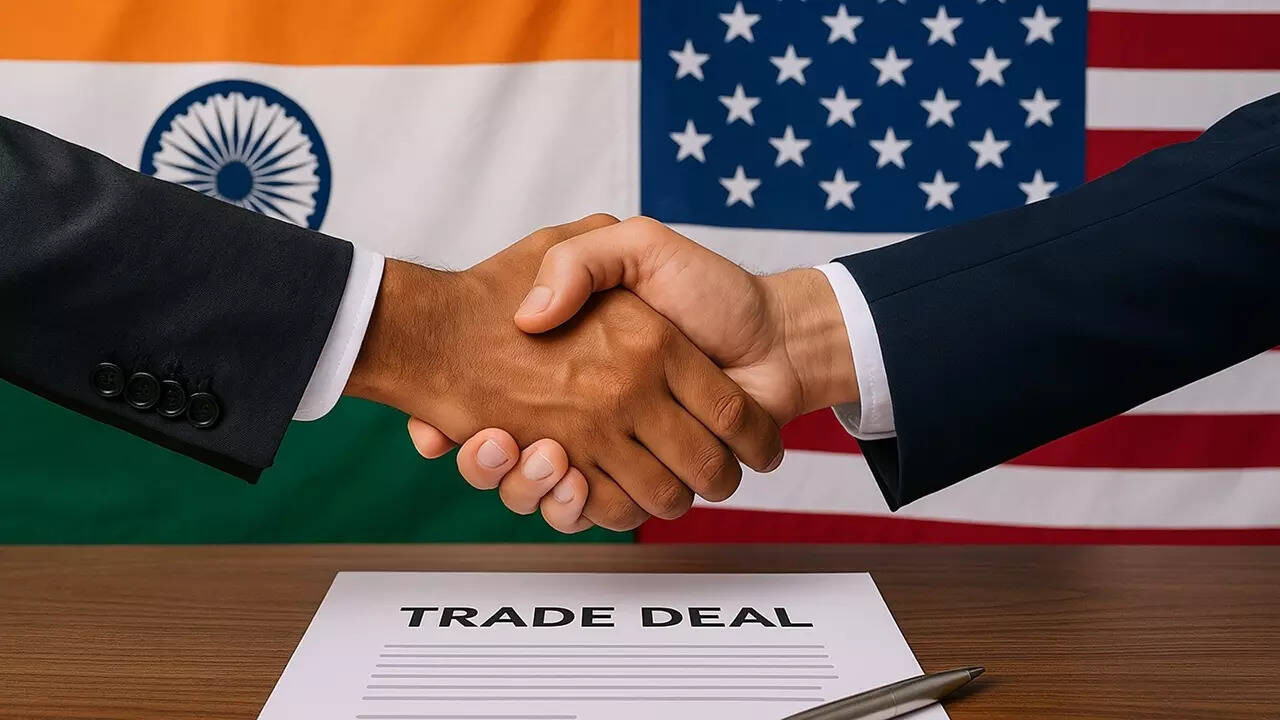India and the UK are poised to sign a free trade agreement, potentially unlocking significant tariff reductions and benefits for service sectors. The UK will grant duty-free access to 99% of Indian goods, boosting exports like textiles and engineering products. India will reduce tariffs on British whisky, cars, and other items.
A New Chapter: Decoding the India-UK Free Trade Agreement
The ink’s drying, the champagne corks have likely popped (figuratively, at least), and the excitement surrounding the freshly minted India-UK Free Trade Agreement (FTA) is palpable. But beyond the headlines and celebratory pronouncements, what does this pact actually mean for businesses, workers, and consumers on both sides? Let’s dive in and unpack this potentially game-changing deal.
The FTA, years in the making, aims to slash tariffs, boost investment, and create a more seamless flow of goods, services, and even people between the world’s fifth and sixth largest economies. It’s a bold move, signaling a deepening of ties and a shared vision for a future powered by collaboration. But who stands to gain the most? And what hurdles remain?
Tariff Cuts: Leveling the Playing Field
At its heart, the FTA is about dismantling trade barriers. Expect significant tariff reductions on a wide range of goods, a move designed to make Indian products more competitive in the UK market and vice-versa. Sectors like textiles, agriculture, and certain manufactured goods are predicted to see a noticeable boost in exports.

For Indian businesses, this opens up a massive opportunity to scale up operations and target a sophisticated consumer base. Imagine Indian apparel makers, for instance, able to sell their products in the UK without facing hefty import duties. This increased affordability translates to higher sales volumes and greater profitability. Conversely, UK companies gain easier access to the rapidly expanding Indian market, with its burgeoning middle class hungry for quality goods and services.
Job Access: A Two-Way Street for Talent
The FTA goes beyond just goods; it also addresses the movement of skilled professionals. Relaxed visa norms and streamlined processes could facilitate greater collaboration between Indian and UK companies, allowing them to tap into each other’s talent pools. This could be a boon for sectors like IT, healthcare, and engineering, where specialized skills are in high demand.
Imagine a British tech company expanding its operations in India, seamlessly transferring employees and expertise. Or picture Indian healthcare professionals contributing their skills and knowledge to the UK’s National Health Service. The FTA envisions a future where talent flows freely, driving innovation and economic growth in both nations. But the devil is always in the details, and the specific visa and immigration policies still need careful scrutiny.
Market Openings: Expanding Horizons
Beyond tariffs and job access, the FTA aims to open up new avenues for investment and collaboration. This includes sectors like financial services, education, and renewable energy. Increased foreign direct investment (FDI) can fuel infrastructure development, create jobs, and boost overall economic activity.
Think of British universities establishing campuses in India, providing access to world-class education for Indian students. Or envision UK companies investing in India’s burgeoning renewable energy sector, helping the country achieve its ambitious climate goals. These kinds of partnerships can create a win-win scenario, fostering sustainable development and mutual prosperity. For more information about global trade agreements and their impacts, see our article on the benefits of international partnerships.
Navigating the Challenges Ahead
While the potential benefits of the India-UK FTA are undeniable, challenges remain. Ensuring that the agreement is implemented effectively and that its benefits are distributed fairly will be crucial. Small and medium-sized enterprises (SMEs) need to be equipped with the knowledge and resources to take advantage of the new opportunities. Moreover, both countries need to address any potential trade imbalances and ensure that the agreement doesn’t negatively impact domestic industries.
A Promising Future for Trade Relations
The India-UK Free Trade Agreement represents a significant step forward in strengthening economic ties between two nations with deep historical links. While challenges undoubtedly exist, the potential benefits for businesses, workers, and consumers are substantial. Whether this agreement lives up to its ambitious promises remains to be seen, but it certainly sets the stage for a new era of collaboration and growth between India and the United Kingdom.
Final URL Slug: india-uk-fta







